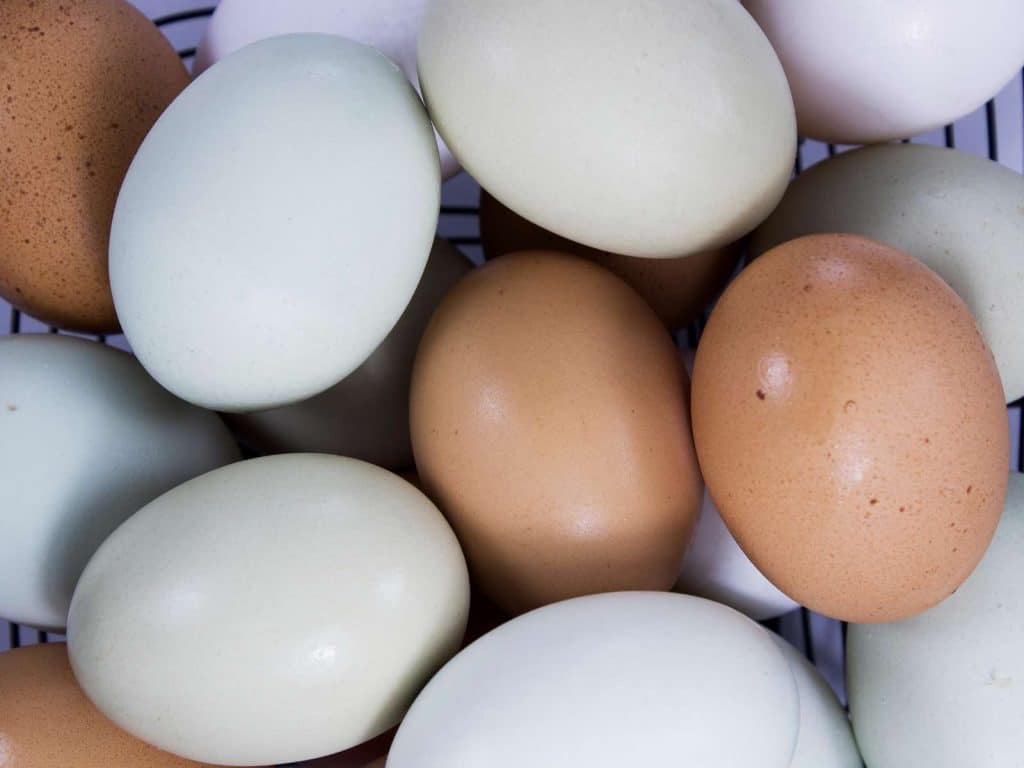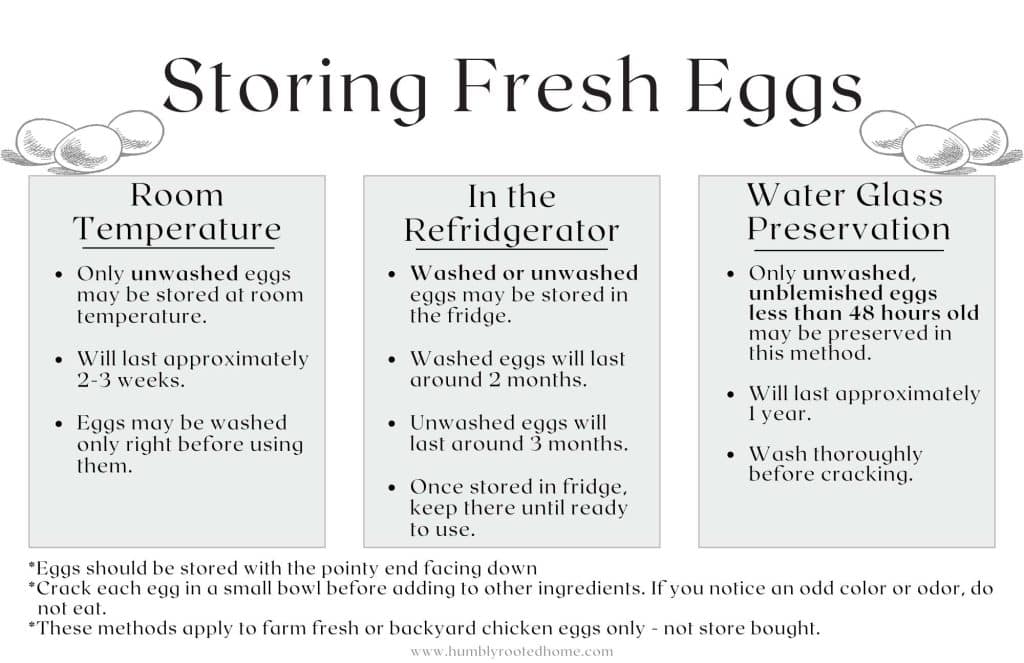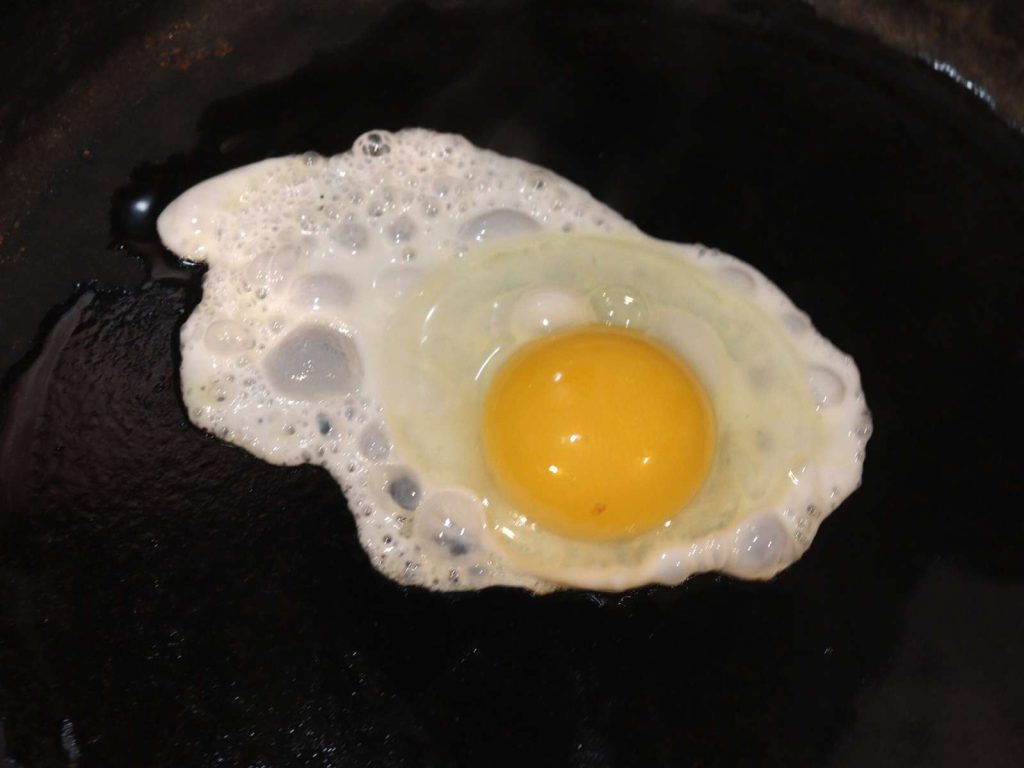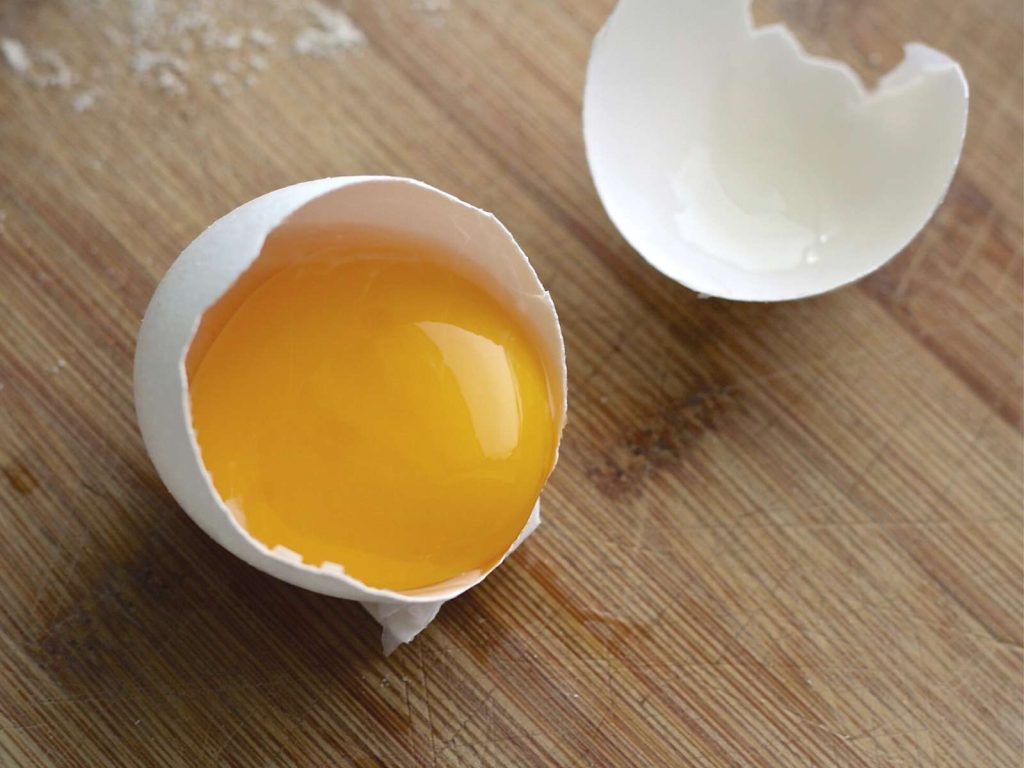How to Store Your Backyard Chicken Eggs (With Printable Chart)
Learn about the different methods and time frames for storing your fresh chicken eggs.

Affiliate Disclosure: This post may contain affiliate links. As an Amazon Associate, this means that I will earn a small commission if you choose to purchase through my links. This is at no extra cost to you!
One of the number one questions people ask when they are new to backyard chickens is “How do I store my fresh eggs?”.
Eggs bought from the grocery store are pretty straight forward. The carton of eggs tells you the expiration date and that they eggs must be stored in the fridge.
But now you’ve got nesting boxes FULL of fresh eggs, and you need to know where and how to store them.
So, let’s chat about the best way to store and handle your backyard bounty.
How Long Do Farm Fresh Eggs Last
Unwashed fresh chicken eggs last approximately 2-3 weeks at room temperature.
Storing them in the fridge keeps them fresh for about 3 months. And water-glassing, a preservation method, allows for you to store eggs for up to a year.
Here is a helpful chart that you can save or print and put it on your fridge. Then you’ll have a handy reference guide right at home!

How to Store Fresh Chicken Eggs
When it comes to storing your fresh eggs, the general rule is to store them with the pointy end down.
This is to keep the air sac at the top of the egg. This reduces the chance of harmful bacteria growth and helps prolong shelf life.
(Remember, these storage methods are only for fresh eggs – not eggs that you get from the grocery store. More on why a little later in this post.)
Store on Kitchen Counter
As long as your eggs are unwashed – this means they still have their protective coating – you can store your fresh eggs on your kitchen counter. The shelf life of these room temperature eggs is about 3 weeks.
An egg skelter allows you to rotate the eggs, putting the oldest eggs in front. I use this egg organizer for storing my eggs at room temperature. As you can see, this picture was taken during winter when my hens aren’t laying daily.

You may also consider a date stamp like this one so that you know what day they eggs were laid.
In the Fridge
Even though it may not be necessary to store your unwashed fresh eggs in the fridge, you still can if you choose. Keep in mind that once they have gone in the fridge, they should remain there until you are ready to use them.
Storing them in the fridge does extend their life to about 3 months.
Sometimes, when my counter is getting especially overran with eggs from my own chickens, I’ll start storing some in the fridge. This gives me a little extra time to use them before they spoil.
You can store them in an egg carton (you can buy them here) or an airtight container.
Water Glass Eggs

This is a method for long-term storage, which allows your eggs to last up to 12 months! Pretty amazing right?
This should also be done with unwashed, very clean eggs that were laid with 48 hours. Eggs that have any bit of droppings on them should not be used in this method.
So how does it work exactly? You create a mixture of hydrated lime and water to completely submerge the eggs in. The lime assists in killing and bacteria on the shell as well as clogging the tiny pores.
This allows your eggs to be stored long term and used over the winter months when egg production decreases or stops all together.
Read about 15 Chicken Breeds that Lay White Eggs
Best Practices when Cooking with Farm Fresh Eggs
There’s not really any difference between cooking with store-bought eggs verses farm-fresh eggs. However, here are a couple of steps that you can implement to help ease any worries you may have about using

If you have dirty eggs, wash them thoroughly under cool water right before cooking to remove any small bits of debris.
Crack the eggs individually in a small bowl. This will allow you to examine each egg before mixing it in to your recipe. There is nothing worse than cracking a bad egg in with all of your other ingredients and having to throw everything out!
What if my fresh eggs are dirty? Should I wash them?
Since unwashed eggs have a natural protective covering (read more about this protective coating below), it is not necessary to wash the eggs from your backyard flock.
However, if the eggs are extremely dirty, you may be uncomfortable storing those eggs in your home or fridge with other food.
For these eggs, wash them thoroughly under cool water and store them in the fridge.
(Side note: if you notice that you are continually getting filthy eggs, it may be a sign that your hens are sleeping in their nest boxes on the eggs. Try providing more roosting bars to get them out of the boxes while sleeping.)
Why you can’t leave store bought eggs at room temperature..
At this point, you may be wondering why you can’t use these same methods for store bought eggs.
Commercial eggs, here in the United States at least, go through a process of washing that removes their bloom.
When a chicken lays an egg, it is covered in an invisible substance called the “bloom”. The bloom is the coating that is applied to protect bacteria from entering into the semi-permeable eggshell.
If you catch an egg right as the hen is laying it, you will notice that the egg is wet. That’s the bloom coating that will soon dry. Isn’t nature cool?
Once the protective bloom has been washed away, the natural barrier to keep bacteria out is now gone. There is now only one option for storage for these types of eggs, and that’s the fridge.
If you’re purchasing fresh eggs from local farmers, it is still important to ask if the eggs have been washed.
If the farmer is unsure, or you forget to ask, the safest choice is to store them in the fridge.
How can I tell if my farm fresh egg is bad?

Float Test
The float test is a process to help you gauge the age of eggs that you may have forgotten to mark, or that got out of age order, without cracking them.
You simply place the eggs in a bowl of cold water.
Eggs that remain on the bottom are usually still fresh. If your egg is standing or floating just a bit, it is a sign that the egg is starting to age, but it still may be fine for consumption.
If the egg floats all the way to the top, it is a sign that it is old and should not be eaten.
Even if an egg passes the float test, you should be inspecting the inside of the egg prior to cooking as well.
Here are some additional signs of older or bad eggs.
Watery Whites
Older eggs will also start to show signs of watery egg whites. This doesn’t mean that they are spoiled, but they are probably nearing the end of their shelf life.
Odd Color
If you crack an egg and the inside is very cloudy, or has green or black growth in it, your egg is bad and should be thrown out.
Odd Odor
If you have ever caught a whiff of rotten eggs, you know there is no way you are going to mistake a bad egg based on odor.
If you crack it, and it smells awful, it should be pretty clear that it is not safe to eat.
And that’s really it! Enjoy your delicious, fresh eggs 🙂
